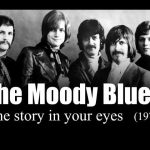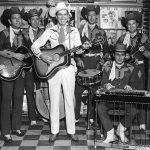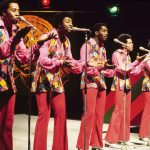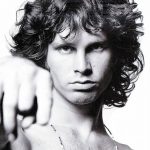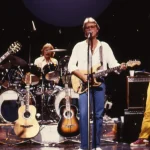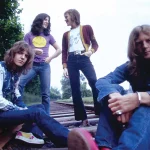Two Great Icons: Freddie Mercury and Tupac Shakur – Immortal Echoes
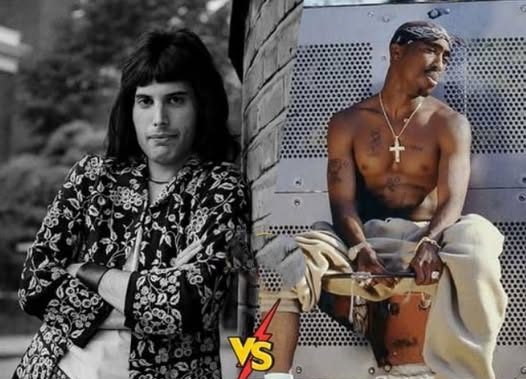
In the vast universe of music, there are extraordinary individuals who transcend all genre and time boundaries to become immortal icons. Freddie Mercury and Tupac Shakur are two such brilliant souls. One was the theatrical deity of rock, the other the street poet of hip-hop; they came from two entirely different musical worlds, but both shared a common thread: the ability to create soul-stirring sounds and leave an everlasting legacy.
Freddie Mercury: The Unrivalled Stage King
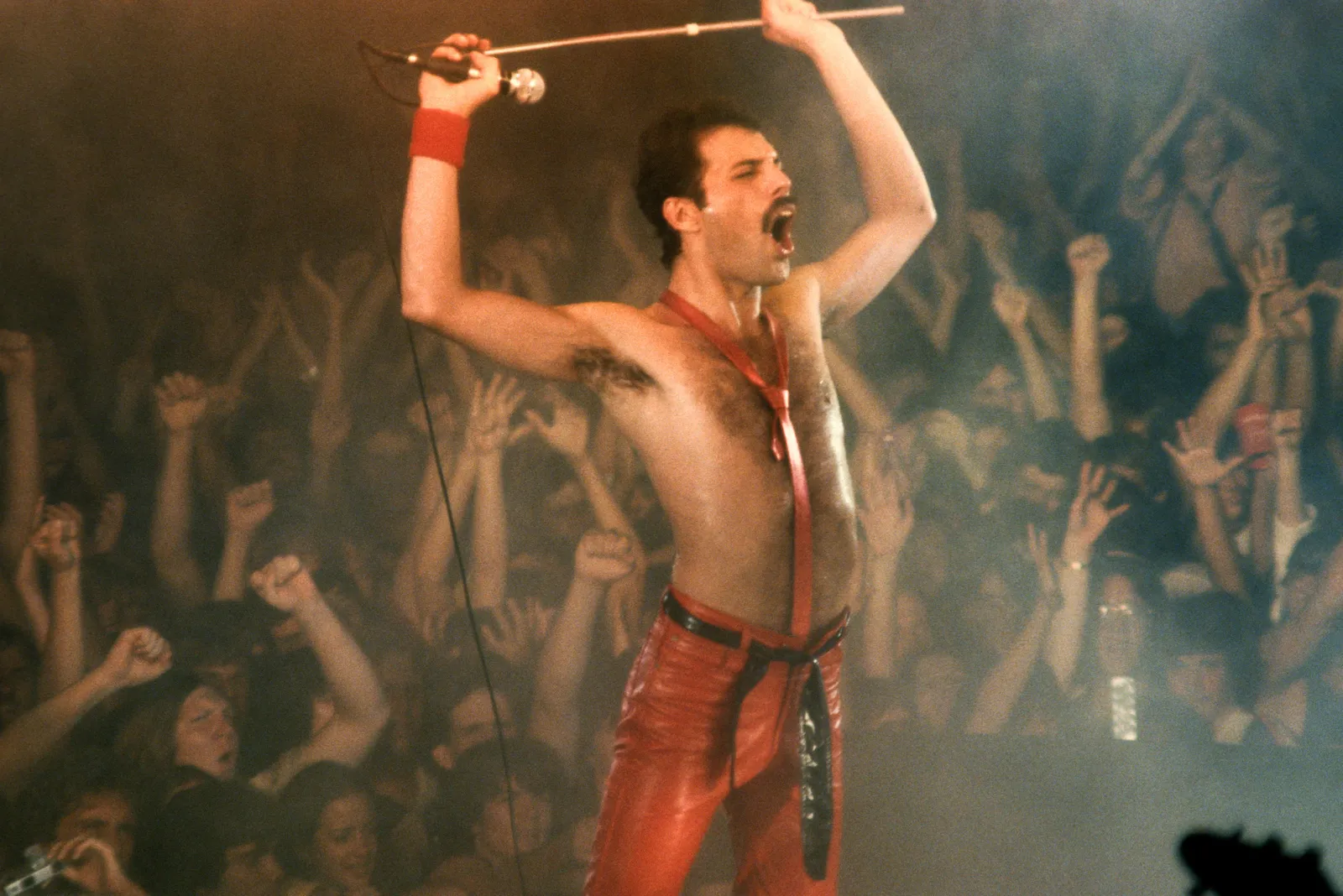
Born in Zanzibar and raised in India before moving to England, Freddie Mercury (real name Farrokh Bulsara) was the embodiment of exuberance, talent, and rebellion. As the frontman of the band Queen, he redefined the concept of a rock vocalist. Freddie’s voice was a marvel, capable of seamlessly transitioning from warm, rich lows to soaring, dramatic highs, full of passion and emotion. He didn’t just sing; he performed, he lived every note, transforming each concert into a theatrical and unforgettable experience.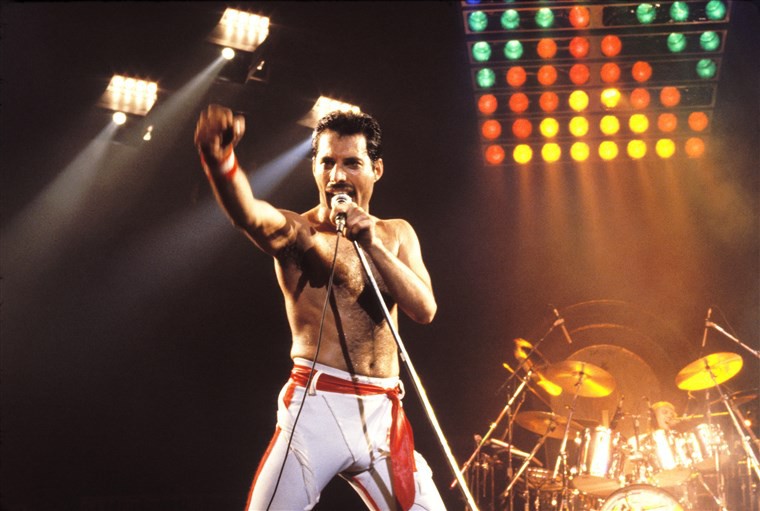
Freddie was a master at connecting with his audience. At Live Aid in 1985, he transformed Wembley Stadium into a unified entity, making tens of thousands of people sing and clap along to the music. It wasn’t just a musical performance but a historical moment, demonstrating his extraordinary power to mesmerize a crowd. Songs like “Bohemian Rhapsody,” “We Will Rock You,” and “Don’t Stop Me Now” were not just hits but anthems of freedom, joy, and an indomitable spirit. Freddie Mercury was a pioneering artist, daring to express himself most authentically, overcoming all societal barriers, and leaving an indelible mark on music history until his passing in 1991.
Tupac Shakur: The Voice of the Streets and the Poet of His Time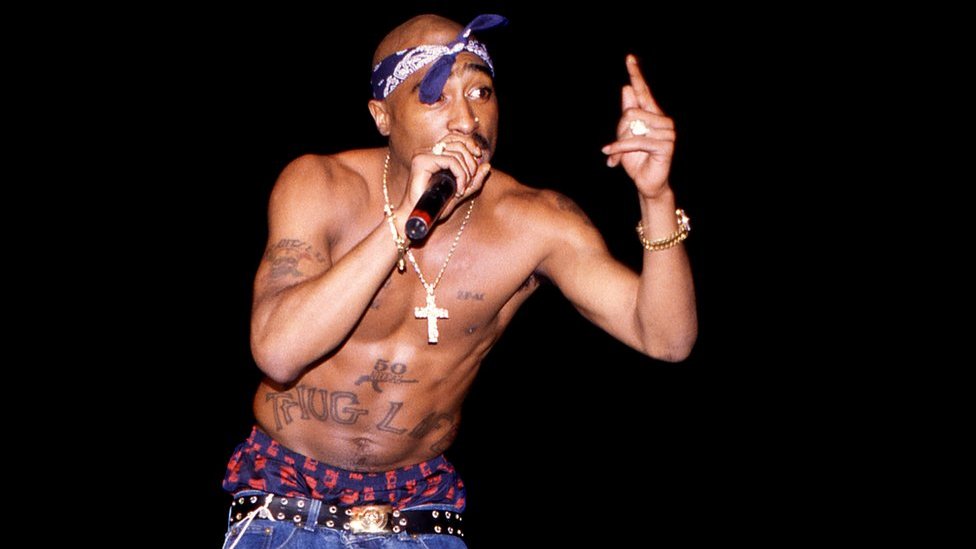
Far removed from the dazzling rock stages, Tupac Shakur etched his name in history as one of the greatest rappers of all time. Hailing from East Harlem, New York, Tupac’s life and music were a raw and honest reflection of the harsh realities of urban life, racial injustice, and the longing for justice. He was more than just a rapper; he was a poet, a social activist, a storyteller full of inspiration and tragedy.
Tupac’s songs, such as “Changes,” “California Love,” and “Dear Mama,” were powerful blends of anger, pain, love, and hope. He used his music as a medium to raise social awareness, share stories of street life, of those left behind, and of dreams for a better world. Tupac had a rare ability to expose his vulnerability openly, making his audience feel deeply connected to him. His career was tragically cut short in 1996, but Tupac’s legacy lives on, continuing to inspire countless artists and fans worldwide.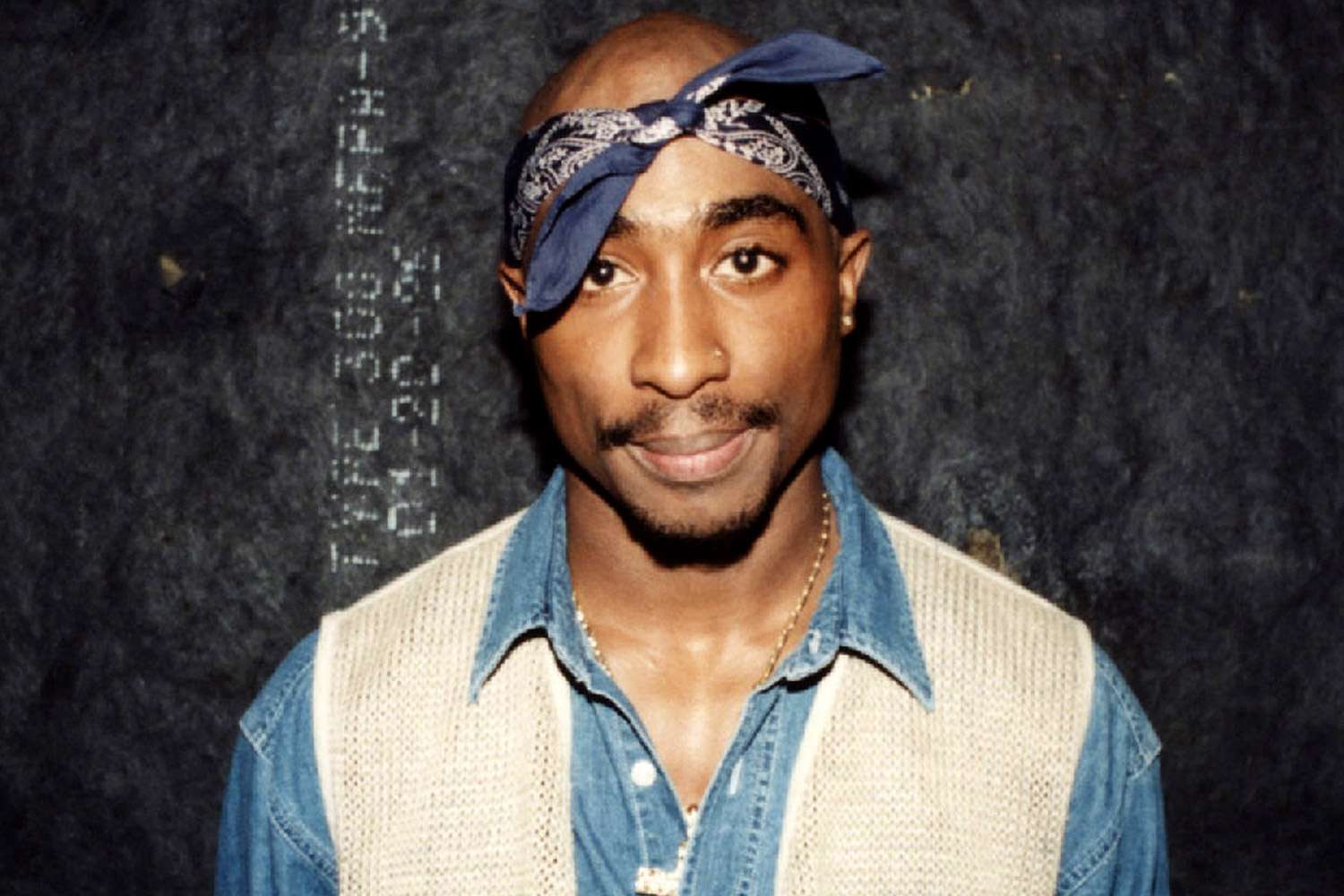
Two Worlds, One Undying Legacy
Although Freddie Mercury dominated the 70s and 80s with rock opera, and Tupac Shakur was the voice of 90s hip-hop, they both shared a core commonality: an unwavering authenticity and an ability to touch the hearts of millions. They were both master storytellers, free spirits who used music to challenge the status quo, express their unique personalities, and create works of art that will endure forever.
Freddie and Tupac, though different in genre, culture, and style, were both brilliant stars who burned brightly for their art and left an immense, unfillable void when they departed. Their legacy lies not only in their immortal songs but also in their spirit of daring to live, to dream, and to be themselves – qualities that make them “Rock Icons Unleashed” and immortal echoes in the minds of music lovers worldwide.

